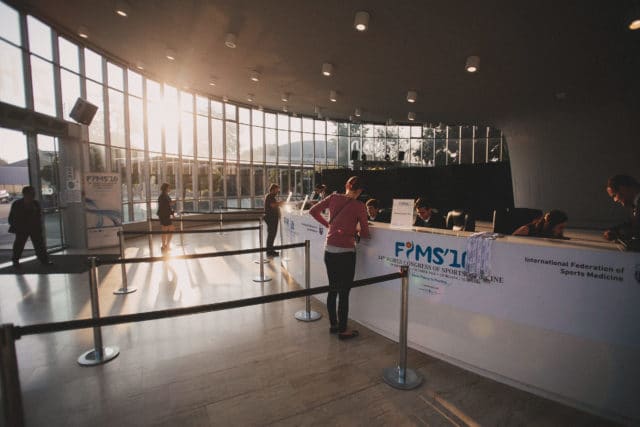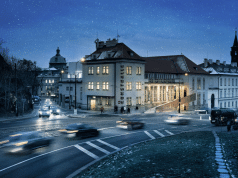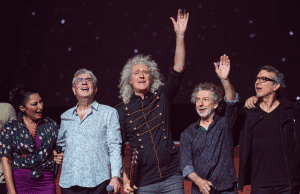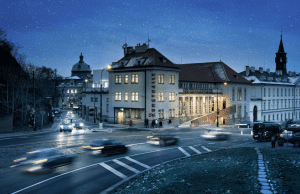The 25th EFMC International Symposium on Medicinal Chemistry, organised by the Section for Medicinal Chemistry of the Slovenian Pharmaceutical Society on behalf of the European Federation for Medicinal Chemistry, will to GR – Ljubljana Exhibition and Convention Centre bring around 1000 international delegates. The biennial EFMC-ISMC is the EFMC’s key symposium in its field and it attracts participants from industry and academia.
Symposium traditionally covers drug discovery advances in major therapeutic areas. This year it will also present the most recent advances in up-to-date topics in some of the areas of the medicinal chemistry, and will tackle some out-of-the-box areas, and will focus as well on Chemical Biology. Particular emphasis will be put on first-time disclosures, recent highlights in medicinal chemistry, and the impact of artificial intelligence in drug discovery.
One of the highlights in the programme is an announced lecture on September 2nd at 6.20pm given by the Slovenian medicinal Star (with a capital S!) Tatjana Avšič Županc, Ph.D., who with her Slovenian research team from the Faculty of Medicine of the University of Ljubljana in 2016 made a historical discovery of the first scientific evidence that the Zika virus infects the foetus brain through the infected mother. The breakthrough research paper, that the research team, lead by Tatjana Avšič Županc, Ph.D., published in the New England Journal of Medicine, was the first in the world to prove that the Zika virus causes permanent brain damage and microcephaly to foetus.
This historical discovery helped researchers around the world to look for a vaccine for Zika virus. Tatjana Avšič Županc, Ph.D., will on the 25th EFMC-ISM give in her hometown Ljubljana a lecture with a title »Zika Virus: An Old Virus with a New Face.«
—-
The European Federation for Medicinal Chemistry (EFMC) is an independent association representing medicinal chemistry societies in Europe. Its objective is to advance the science of medicinal chemistry by promoting cooperation and networking, by providing training and mentoring, by rewarding scientific excellence, and by facilitating communication and influencing stakeholders. The main organisation for European Chemistry community has 27 member societies and about 7,500 members.














